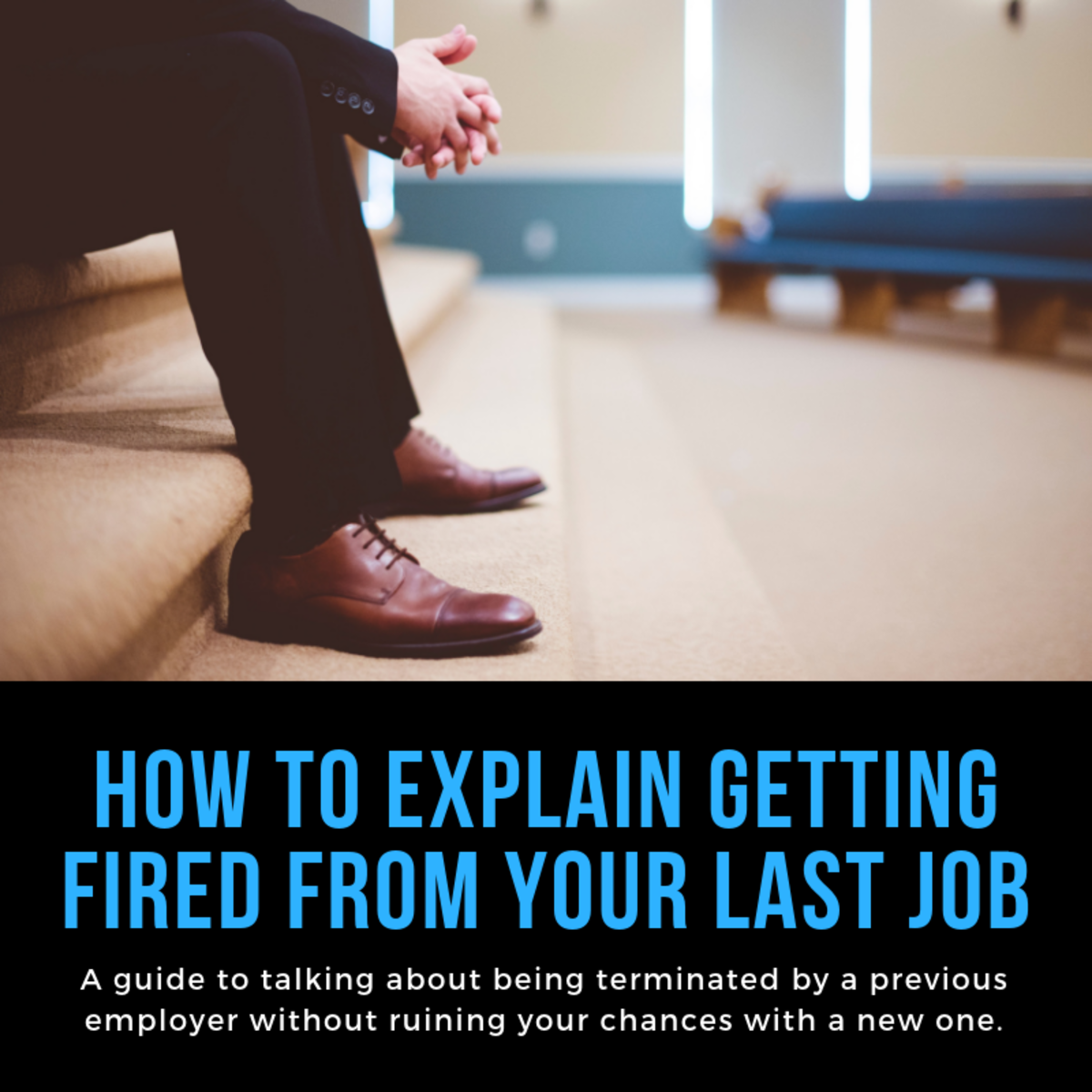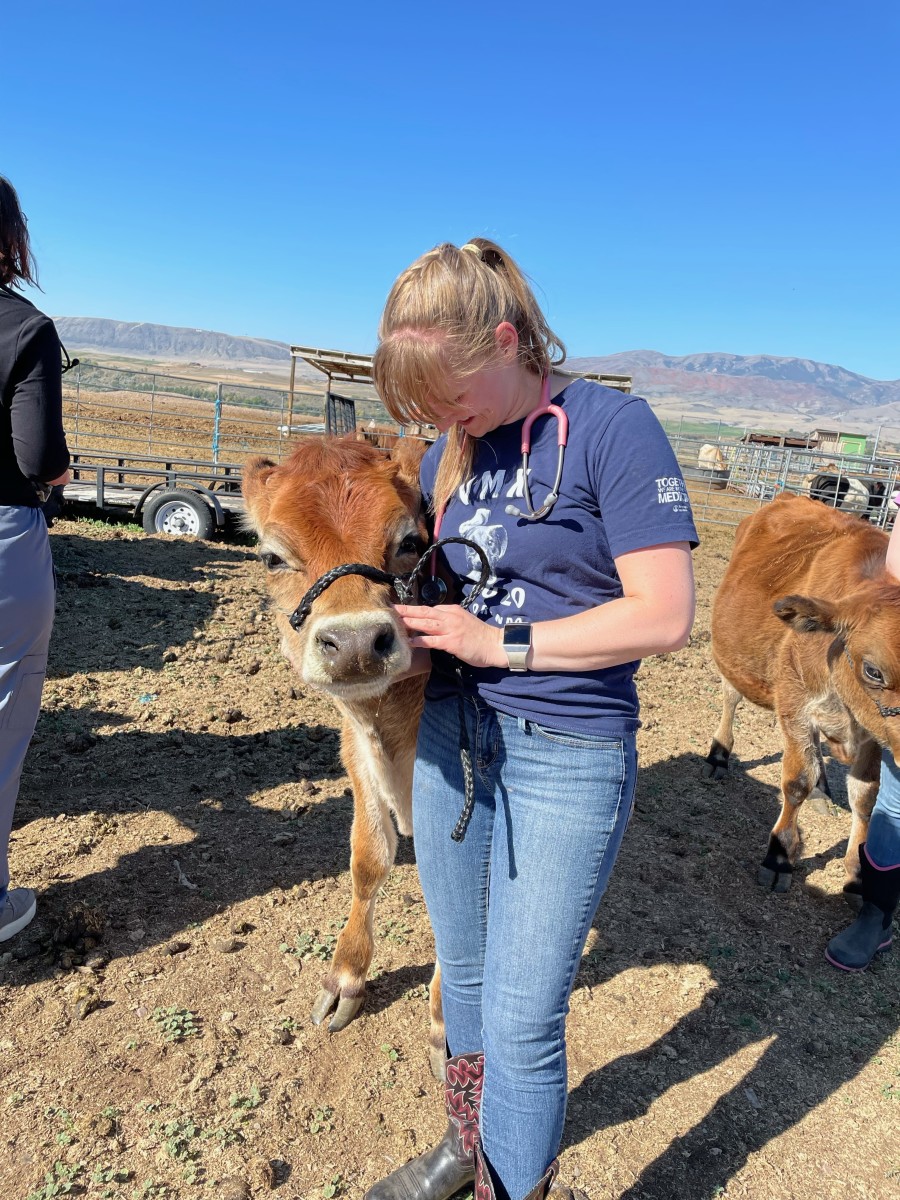How to Find Your Dream Career, Step by Step

Assessment and Evaluation
First - Do a Self Assessment.
Nearly everyone has a job personality. Find out what yours includes and you will have a good first step toward finding your dream career.
A job personality is your own unique set of beliefs, attitudes, values, behaviors, talents, and skills that help you choose and plan what kind of work is best for you, which career you will enjoy, and what type of job will be your most productive.
There are many questionnaires and quizzes you can take to help you determine your job personality, including psychological and vocational tests. Take two or three and look at your results as guidelines to use. These results can change over time, so you can retake these survey periodically.
For help in choosing what surveys to take and interpreting them, you can go online or call your local state or county job service agency.
Another good option is to call your local universities, colleges and vocational schools, because they have career testing departments that can give you good information.

Your Unique Resume
Second - Compose a Resume.
A resume a snapshot of you that an employer can examine and determine if he or she would like to call you in for a job interview.
Much like an effective commercial or sales brochure, your resume needs to be organized, eye-catching, and error-free.
A resume is your calling card to employers for your dream career, starting with your very first job.
Be sure to include volunteer activities, especially if you have not held a paying job yet.
Visit the links below to learn how to compose resumes that will work for you in attracting the attention of the employer that will start you on your way to your dream career.
Job Interviews

Third - Practice Interviewing Skills.
Learn about the appropriate interview etiquette to observe when you interview for any job. The link below will give you full details on that.
Interview Preparation Checklist
- Be on time, no later than 10 minutes before you are scheduled.
- Research the company and study your notes.
- Listen to the weather forecast and road construction updates the night before.
- Have an umbrella if it may rain.
- Wear a suit or dress shirt/blouse and trousers or skirt. Have your shoes clean and polished.
- Have your clothing ironed and stain-free.
- Fingernails must be clean, neat and a natural color.
- Hair must be controlled and neat.
- No big or extra jewelry. Only ONE ring on each hand and ONE earring in each ear.
- Know the name of the interviewer(s).
- Have the address and phone number of the company and interview location.
- If driving, have a city map in your car. Don't get lost.
- Have TEN copies of your resume.
- Have a notebook and pen.
- Women-- have light makeup with you and an extra pair of pantyhose.
- Do not carry a purse AND a briefcase. The purse should be small and go INSIDE the briefcase.
Practice interviewing with a couple of friends, and in front of a mirror.
Interview Follow-Up

Fourth - Follow-up and Build Your Network.
Make your job search a full-time job itself - 8 hours a day, five days a week. Submit resumes online, through the mail, and by going to human resource departments in person to complete applications and submit your resume. Ask for an interview on the spot. If you don't get one, you may be able to schedule one for the near future.
Network with friends, families and former work associates if you have a work history and ask them to inform you about job openings they run across.
Consider distributing JIST Cards (mini resumes) to everyone in your circle of contacts and ask them to pass them on to potential employers.
For help obtaining interviews, see the link below for some unique ideas.
After each and every interview, follow-up with an email as soon as you can, a thank you letter within two days, and a phone call within three days to a week.
If you are not hired after an interview, you can still maintain a connection with this interviewer as a business contact. The interviewer might be able to refer you to other jobs within their own company or in other companies. In the future, you may be able to refer good employees to them as well, also build your network and keep it growing.
A dream job leading to the perfect career for you will often come to you through your network.
Ongoing Professional Development

Fifth - Continue Your Education and Skills Development.
Once you have accepted a job in your choice of career, begin your best work and advance in your field.
- Do more than the minimum work. Do extra. Helps others. Ask for more responsibility.
- Participate in job training, professional development, and/or formal education.
- Look and act professionally.
- Build good relationships with coworkers, supervisors, and bosses.
- Keep looking for opportunities, go on additional interviews in your own company and in others, and keep building your career network.
- Keep learning, keep moving ahead!
© 2007 Patty Inglish MS MPH








